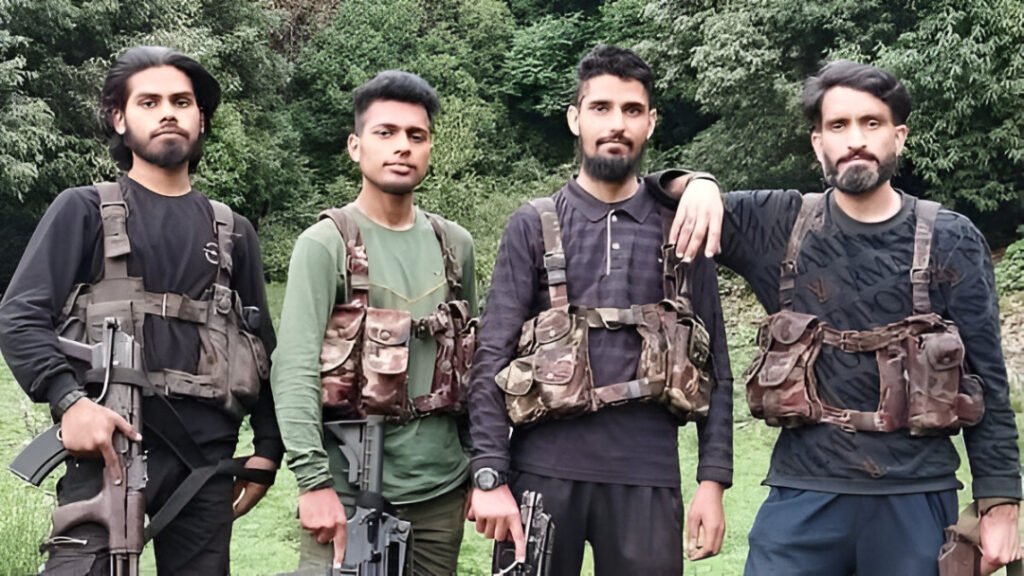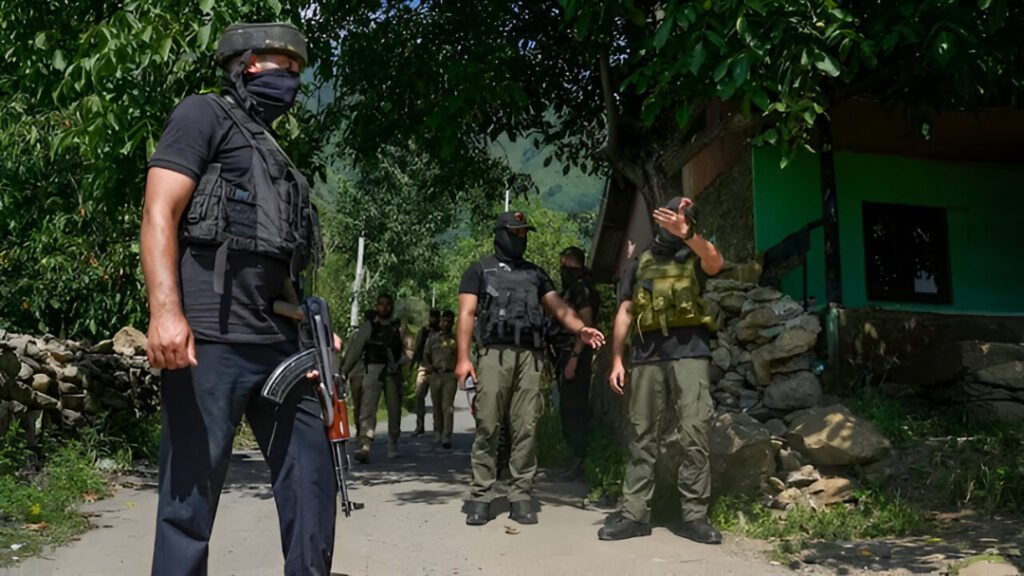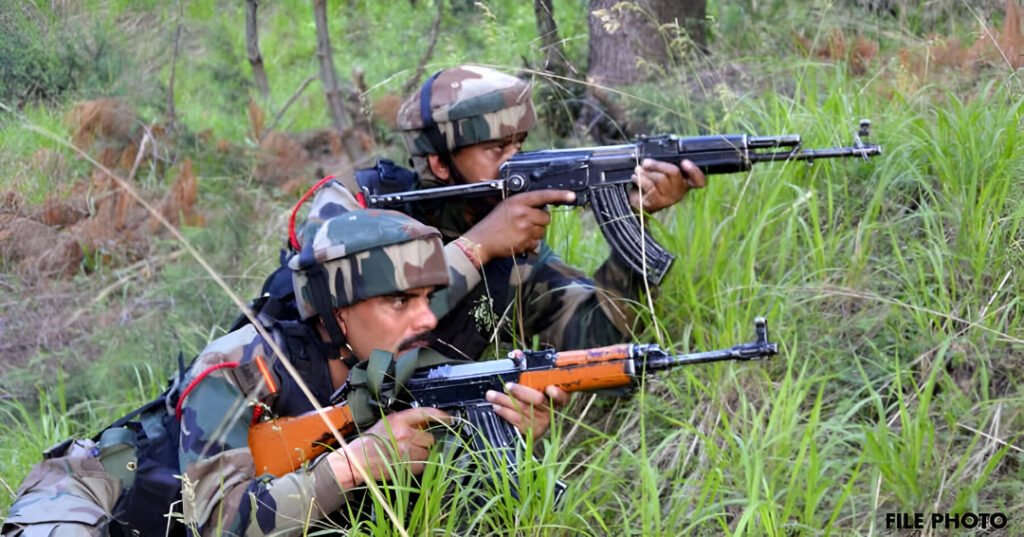
A major chapter in Kashmir’s recent security saga closed on July 28, 2025, when Indian security forces killed Suleman Shah, the most-wanted mastermind behind the gruesome Pahalgam attack, in a high-stakes encounter in the Harwan forests near Srinagar. This operation, dubbed Operation Mahadev, marked a strategic and psychological victory for the security establishment, as Shah’s death signals a major dismantling of the terrorist network blamed for one of India’s deadliest civilian attacks this decade.
Who Was Suleman Shah? The Architect of the Pahalgam Attack
Known also as Hashim Moosa, Suleman Shah was a top commander of the Pakistan-based Lashkar-e-Taiba (LeT) and a former Pakistan Special Forces officer. Shah’s notoriety reached its height earlier in 2025 after he masterminded the April 22 Pahalgam terror attack, where 26 tourists—mostly Hindus, along with a Christian and a local Muslim—were shot dead in cold blood near the Baisaran Valley. The militants, wielding automatic weapons, targeted non-Muslims, turning what should have been a holiday haven into the site of the most horrific civilian massacre since the 2008 Mumbai attacks.
A manhunt ensued, with Indian intelligence and special forces tracking Shah and his associates through dense forests in south Kashmir. Shah, believed to be hiding and operating with advanced tactical knowledge, earned a bounty of Rs 20 lakh as the state’s most wanted terrorist.
The Encounter: Inside Operation Mahadev

Acting on specific intelligence and satellite monitoring of terrorist communications, elite forces launched a cordon-and-search mission in Kashmir’s Lidwas area near Dachigam National Park. At dawn on July 28, as security personnel surrounded the hideout, Shah and his team reportedly opened fire, triggering a fierce gunfight that raged for several hours.
By midday, three militants—including Suleman Shah, Abu Hamza, and Yasir—were neutralized. Forces recovered a cache of sophisticated weapons, including carbine and AK-47 rifles, alongside large stocks of grenades. The security forces’ swift and decisive action successfully preempted any attempt by the terrorists to flee across the Line of Control or inflict further casualties in the valley.
The Aftermath: A Strategic & Symbolic Win
Security analysts and top brass have called Shah’s killing both a tactical and morale-boosting achievement. His neutralization severely disrupts Lashkar-e-Taiba’s operational capabilities in the valley and sends a strong signal to cross-border terror outfits. Indian armed forces and police units continue to comb the area to prevent any regrouping of militants, vowing relentless pursuit until every perpetrator of the Pahalgam massacre is brought to justice.

The encounter triggered debate within the Indian Parliament, where national security, counterterrorism, and Indo-Pak relations dominated proceedings. Senior ministers underscored the significance of Shah’s elimination for India’s fight against externally supported militancy in Kashmir.
Wider Impact of the Pahalgam Attack & Shah’s Neutralization
- Social Impact: The April 22 massacre drew widespread condemnation both within India and abroad, hardening public and political resolve against terrorism in the region. Families of victims and survivors voiced cautious relief at the news of Shah’s killing, hoping it will bring closure and deter future attacks.
- Geopolitical Repercussion: The Pahalgam attack exacerbated India-Pakistan tensions, resulting in diplomatic standoffs, trade suspensions, and escalated military activity along the LoC.
- Operation Sindoor & Mahadev: Shah’s killing is part of a wider crackdown that includes military and diplomatic measures designed to isolate terrorist elements and their handlers.
Conclusion
The elimination of Suleman Shah—the architect of the Pahalgam attack—marks a crucial turning point in Kashmir’s ongoing anti-terror drive. For security forces, this isn’t just about avenging the loss of innocent lives; it’s a message to all terror networks that India’s resolve remains unshaken. As investigations continue and counter-terror operations press on, the valley stands both witness and participant in a fraught struggle—one determined to reclaim peace by rooting out those intent on sowing turmoil.











